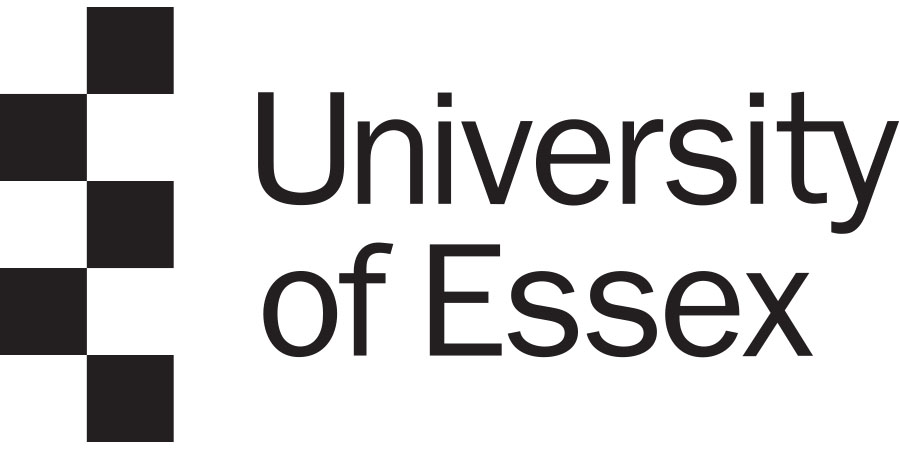PhD Studentship: Mapping the Microbial Communities of Domestic Drains: Can Consumers Drive Sustainable Maintenance?
University of Essex - Life Sciences / Sociology
| Qualification Type: | Integrated Masters / Doctorate |
|---|---|
| Location: | Colchester, University of Essex |
| Funding for: | UK Students, Self-funded Students |
| Funding amount: | £19,237 Home tuition fee waiver. Living costs stipend at the UK Research and Innovation recommended level per year. The stipend for 2024-25 is £19,237. The rate for 2025-26 TBA |
| Hours: | Full Time |
| Placed On: | 23rd January 2025 |
|---|---|
| Closes: | 18th April 2025 |
| Reference: | 11377 - Life Sciences and Sociology Jan 2025 |
Project Overview
This is an opportunity for a person from an underrepresented group to undertake a fully funded masters degree followed by a fully funded interdisciplinary PhD under the ‘Sustainable Transitions – Leverhulme Doctoral Training Programme’ at the University of Essex.
Only UK domiciled applicants who meet the following criteria may apply:
- Not already have a Master’s degree.
- Be from a low-income household background as evidenced by, for example, being in receipt of a full maintenance loan or Special Support loan during their undergraduate studies.
and/or
Be one of the following categories of ethnicity:
- Black African
- Black Caribbean
- Black Other
- Mixed – White and Black Caribbean
- Mixed – White and Black African
- Other mixed background (including Black African, Black Caribbean and Black Other)
The successful applicant will study an appropriate masters degree, such as:
MSc Biotechnology
MSc Marine Science and Sustainable Development
within the School of Life Sciences.
Afterwards, they will conduct industry-linked PhD research under the supervision of Dr Nick Aldred (School of Life Sciences: https://www.essex.ac.uk/people/ALDRE68105/Nick-Aldred), Dr Corinne Whitby (School of Life Sciences: https://www.essex.ac.uk/people/WHITB82208/Corinne-Whitby) and, Dr Katy Wheeler (Department of Sociology and Criminology: https://www.essex.ac.uk/people/WHEEL11317/Katy-Wheeler).
The PhD project, defined by the student, will build on an existing collaboration with Challs International to improve the effectiveness and environmental impact of their cleaning products. The focus will be on understanding the role of microorganisms in drain blockages and how consumers contribute to drain blockages through daily practices. Supported by the supervisory team, the student will explore both the microbiology of drain systems and the actions of property owners to promote evidence-based practices that prevent blockages and reduce the need for harmful chemicals.
Interdisciplinary Focus and Methods
The objectives of the industry partner demand integration of Life Sciences (understanding the nature of drain blockages, the role of microorganisms and community dynamics) with Social Science (addressing the human behaviours that lead to drain blockages and periodic, aggressive, chemical treatment). Success will require integration of biological expertise to identify key stages in blockage formation with an understanding of everyday household waste-water practices, which could be adapted to encourage maintenance.
Training and Support
You will receive support through the Sustainable Transitions training programme, which offers interdisciplinary research methods, secondary discipline training, and ongoing development. Doctoral scholars also have access to £2,500 through Proficio for training courses and £10,000 for research and additional training. You may audit relevant courses and will be supported by both the Sustainable Transitions management team and your supervisory team. Additionally, all scholars can join the University of Essex’s ‘Centre for Environment and Society,’ which provides events and networking opportunities.
Person Specification
This opportunity would suit a candidate with a degree/ background in a biological science discipline, who is willing to develop their training in biotechnology through a dedicated MSc and deliver impact from their PhD through successful integration with social science and an industry partner.
It is not necessary for the candidate to have prior training in social sciences as this will be provided on the programme.
Research Proposal
The project area is broadly defined, leaving scope for the applicant to develop their own specific research proposal as part of the application. The successful candidate will further develop their proposal in close consultation with the supervisory team.
Closing Date: 11:59pm GMT on Friday 18th April 2025
Advert information
Type / Role:
Subject Area(s):
Location(s):









